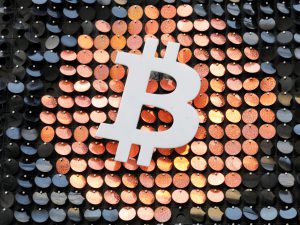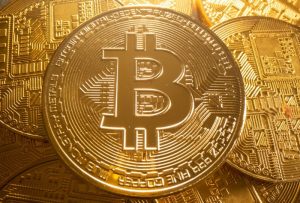(ATF) HONG KONG – Asian markets took a breather after the recent, sharp rally as investors booked profits and weighed the implications of a steepening yield curve.
Oil-importing Asia analysed the impact of rising crude prices after hitting 13-month peak on Thursday before cooling off.
Japan’s Nikkei 225 index slipped 0.72%, Australia’s S&P ASX 200 tumbled 1.34% but Hong Kong’s Hang Seng index edged up 0.16% and China’s CSI300 added 0.18%. Regionally, the MSCI Asia Pacific index retreated 0.25%.
Read more: China pivots to consumption to promote its self-sufficiency
“Markets don’t go up in a straight line, so it is not unreasonable to see some profit taking after the strong start to this year for most equity markets,” said Mark Reade, analyst at Mizuho Securities told Asia Times Financial.
Brent crude futures eased 1.4%, to $63.06 a barrel, while US West Texas Intermediate (WTI) crude futures fell 1.4%, to $59.70 a barrel, after hitting 13-month peaks.
“Most countries in Emerging Asia are net importers of oil and will lose out as higher prices lead to a decline in the purchasing power of consumers, which could drag on the recovery,” said Gareth Leather, Senior Asia Economist, at Capital Economics.
ACCOUNT SURPLUSES
“However, this isn’t a major concern for external stability. Most countries run large current account surpluses, which have widened over the past year.”
US Treasuries remained weak with the 10-year yields rising 1 basis point to 1.30% and the gap between the yields on two and 10-year Treasury notes, steepened to as much as 118.43 basis points, its widest level since 2017 before flattening.
“The steepening Treasury curve reflects an improving economic outlook, along with the Fed’s ongoing commitment to keep monetary policy loose. The Fed controls the front end of the Treasury curve, while the market has more influence over the long end. Hence the steepening as front-end rates are going to remain pinned because of the Fed’s dovish policy stance,” said Mizuho’s Reade.
GOLD DOWN
The dollar eased against a basket of currencies to 90.29, down 0.3%, but gold was down 0.2% to $1,773 per ounce as investors preferred the safety of US Treasuries.
Bitcoin hit a record high of $52,757, gaining more than 2% on the day. Ethereum reached an all-time peak of $1,938 and was last up 4.6% at $1,936.94.
“The rise of digital finance and demand for fintech is the real financial transformational story of the Covid-19 era, not the rally in Bitcoin prices,” said JP Morgan’s Joyce Chang, chair of global research.
“The rise of Bitcoin is an economic sideshow but Bitcoin is here to stay as an ‘alternative’ currency.”
Asia Stocks
- Japan’s Nikkei 225 index slipped 0.72%
- Australia’s S&P ASX 200 tumbled 1.34%
- Hong Kong’s Hang Seng index edged up 0.16%
- China’s CSI300 added 0.18%
- The MSCI Asia Pacific index retreated 0.25%.
Stock of the day
China Mobile shares jumped as much 7.4% after Chairman Yang Jie said the company had commissioned 390,000 5G base stations as of end-2020, providing all prefecture-level cities and some key counties with 5G services, cited by CCTV finance.






















